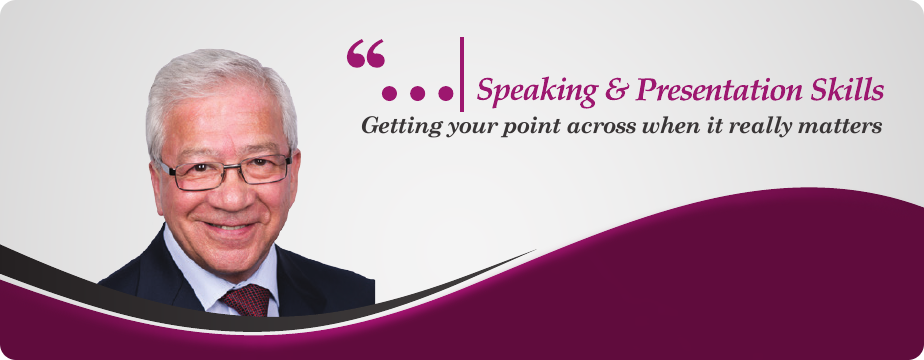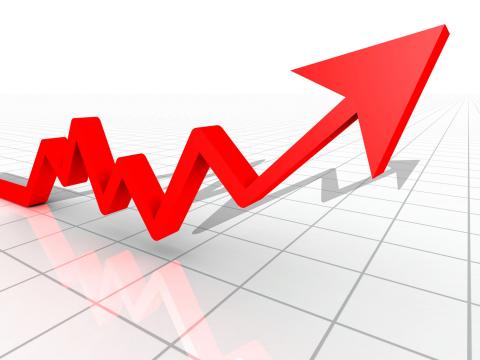economics
-
Quantitative Easing: hard cash or paper money?
I was listening to a discussion about Quantitative Easing (QE, QE2 etc.) and one person implied that it was just the Bank of England printing more notes. That didn’t sound right, so I asked a man who knew. This is what he told me:
If the Bank just printed more notes it would be disastrous. That’s what the German Weimar Republic (1918-33) and Zimbabwe (recently) did, and their currency became worthless.
Quantitative Easing means releasing more cash into the economy by buying back assets from such institutions as insurance companies and pension funds. The BoE has bought two types of assets: Government Bonds (known as Gilts) and high quality debts.
Gilts are so called because the original Bond Certificates had gold edges.
When the BoE buys the assets, the money goes into the seller’s bank account, enabling that bank to increase its lending. Equally, the seller may choose to spend that money. Either way more money gets into the economy.
In addition, when the BoE buys those assets, the effect will be to increase their prices, making their owners better off. So they may spend more, further increasing the money in circulation, and encouraging growth.
Such interventions by the central bank are rare, and used only when the economy is stagnant and business confidence needs a boost.
-
Avoid commodization

We live in an Experience Economy. Customers judge us according to the experience of dealing with us, just as we do when we are customers.
Those who have not understood the concept of the Experience Economy often resort to the “commoditization” of their offerings. They have lost sight of anything that makes their offerings different or distinctive, and the only way they can compete is on price. That’s just about the lowest level of marketing.
What do I mean by commodization?
Commodities are the things we get from the natural world – minerals dug from under the ground, the vegetables and fruit we grow from the ground, the animals who feed on the ground. Coal and copper are what they are no matter where they come from. Apples and pears likewise. Beef, pork and chicken meat do not carry passports.
True, there are different levels of quality, but within each level, the product is what it is, wherever it may have originated. Its price is determined by the basic law of demand and supply.
When a business sells its products or services with no added value, it is behaving as though it sells commodities. Imagine having a business directory such as Yellow Pages, in which there are no advertisements, only basic entries, just like a directory of domestic telephone numbers.
If you were looking for a builder, a plumber or a florist, how would you know which one to choose?
That’s the effect of commoditization. It gives customers no reason to choose you, except price. So remember why you are in business, and why people should spend money with you rather than elsewhere. And put that across in every contact with customers and those who should be your customers.
-
Quantitative Easing: hard cash or paper money?
I was listening to a discussion about Quantitative Easing (QE, QE2 etc.) and one person implied that it was just the Bank of England printing more notes. That didn’t sound right, so I asked a man who knew. This is what he told me:
If …read more
Source: Sun Zu: The Art Of Business



